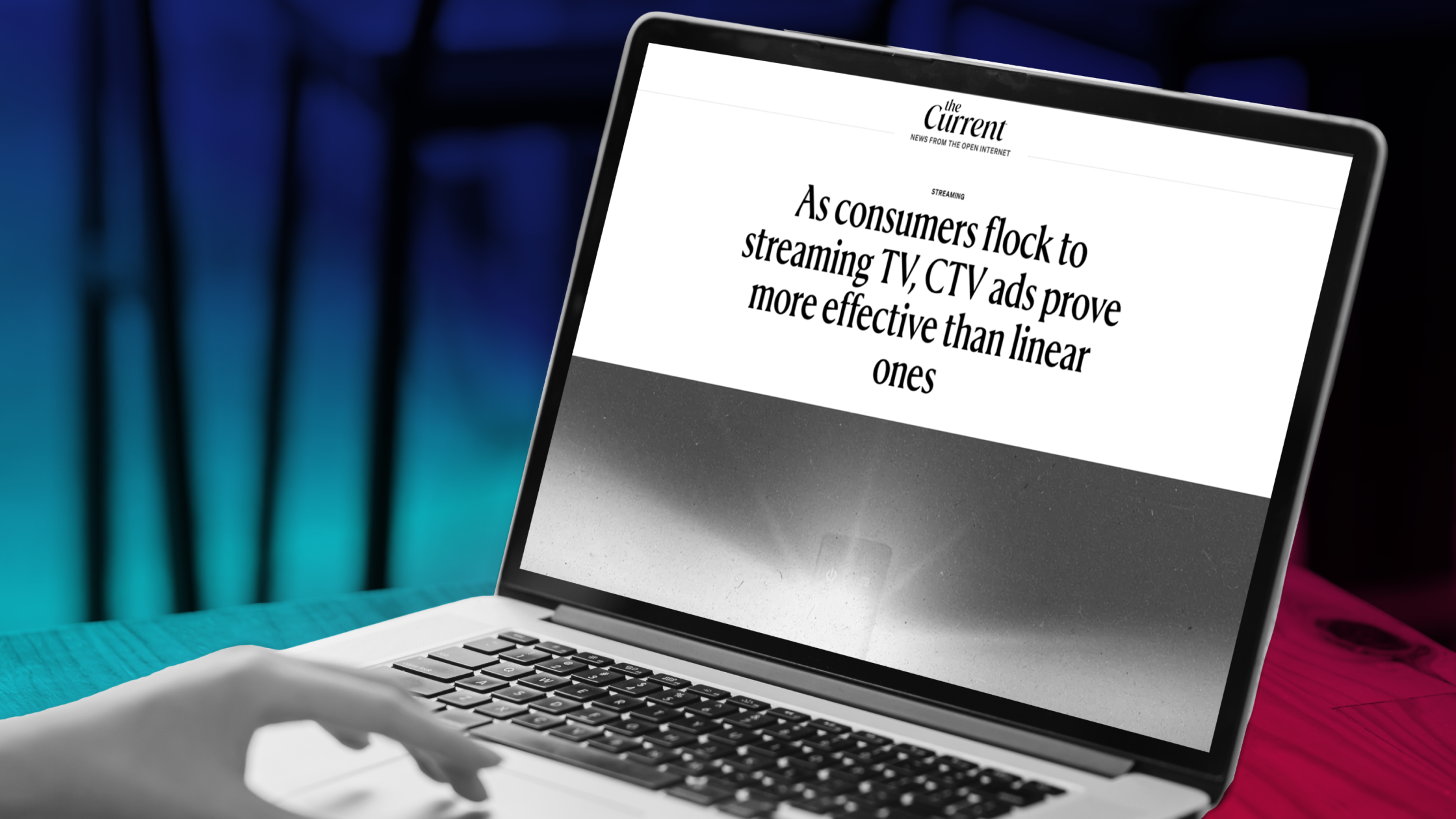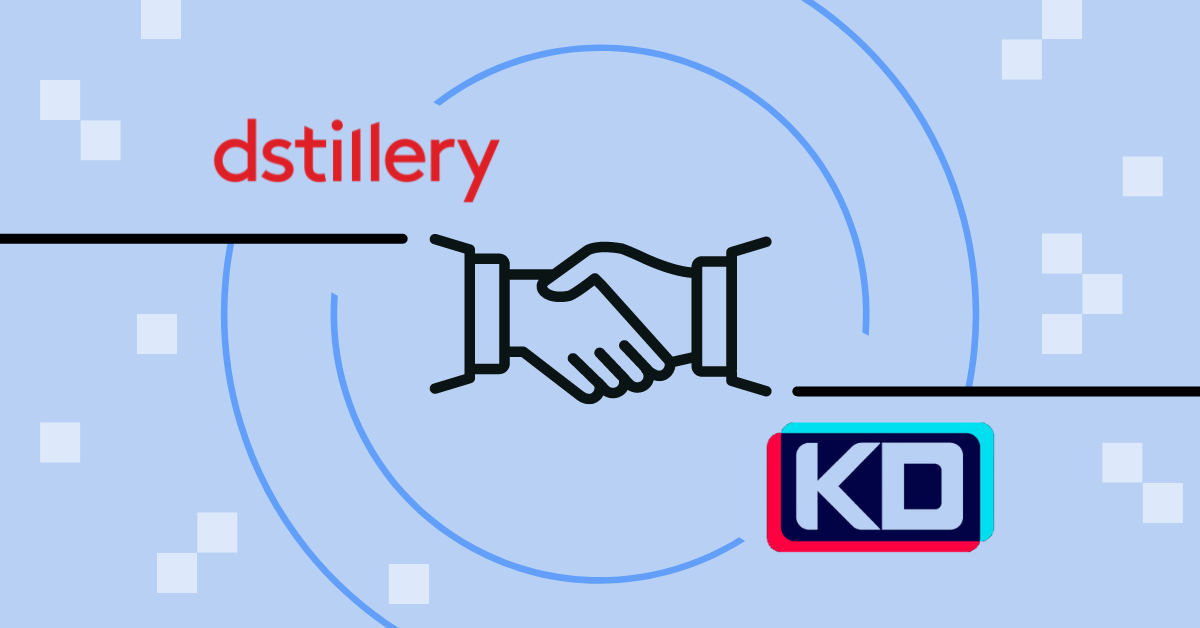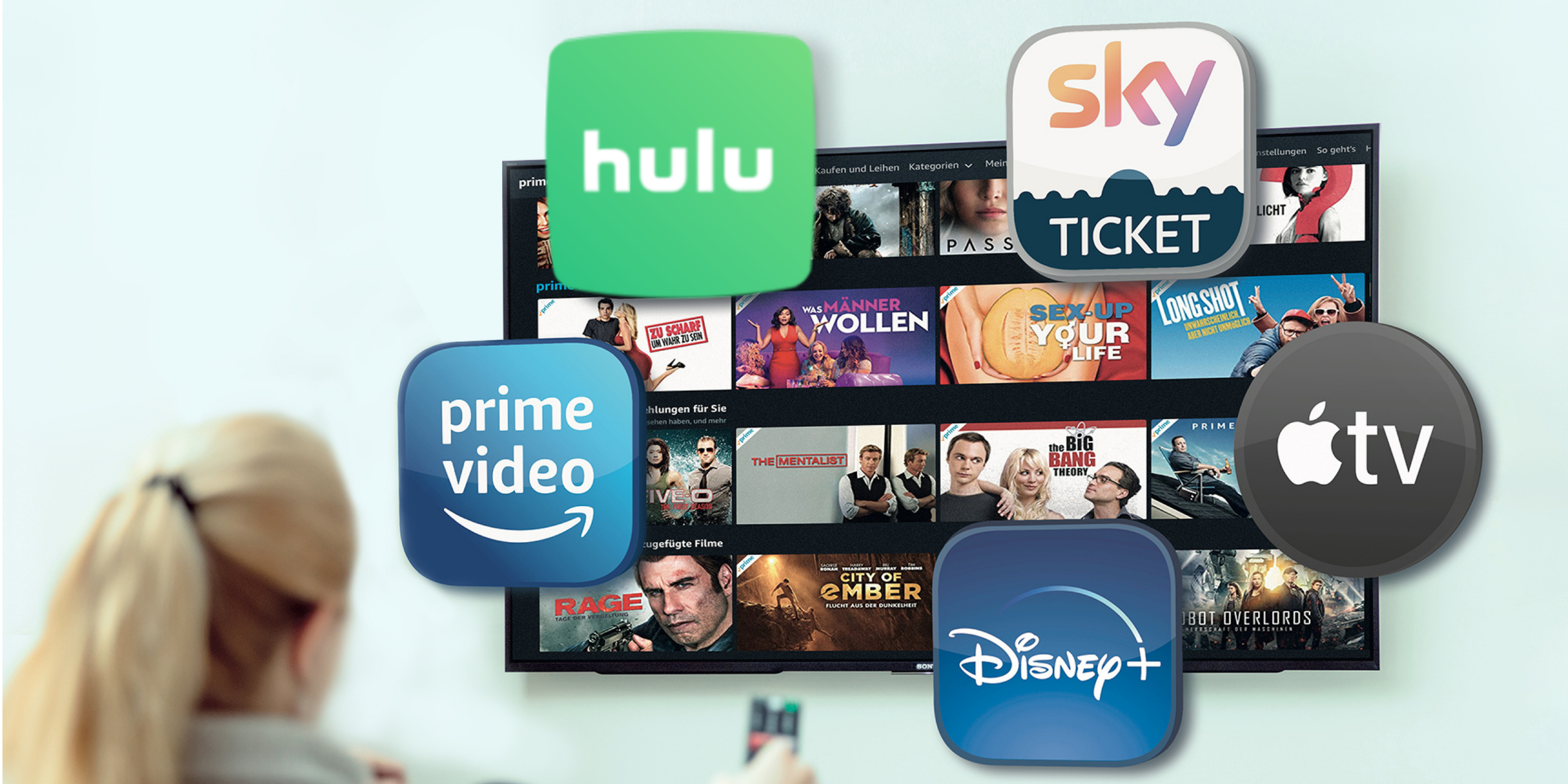Connected TV Performance
Performance TV advertising aims to deliver immediate results to brands who are advertising through television platforms. Performance TV ads are extremely targeted with the capacity to provide measurable results. Performance TV is connected TV or connected TV performance marketing. No matter what term is used to describe the strategy, this type of marketing has changed the face of TV ads.
Then – Linear TV Ads
In the past, with linear TV advertising, marketers had a difficult time tracking results. Every ad was a gamble in regard to whether the brand would see a return on investment.
In comparison, performance TV ads drive sales in both the long term and short term. Most importantly, if a television ad isn’t meeting marketing goals, changes can be made immediately to deliver more favorable results.
Now – Connected TV Ads
Connected TV features ads served on platforms that have online access. Connected TV examples include smart televisions, gaming systems, and OTT devices. According to eMarketer, the number of connected TV users will surge to more than 204 million in 2022.
It’s also estimated that at least 60% of the population will own a connected TV device by year’s end. Connected TV providers permit ads to appear on streaming services. Streaming services that may display connected TV ads include Hulu, Amazon Prime, SlingTV, and Peacock.
What Is Performance TV?
What is performance TV? Performance TV is content accessible through applications and streaming platforms. Performance TV will display television programs, movies, sporting events, and more through smart televisions, gaming systems, and OTT devices.
Performance TV Advertising
Performance TV advertising has shown a significant increase in exposure numbers. In 2020 alone, connected TV hours rose a staggering 81 percent, according to data collected by Nielsen.
Performance TV advertising will also target more than one specific type of age group. Viewership numbers show that although millennials make up the largest group of connected TV users, Generation Z, Generation X, and Baby Boomers are also frequent users of connected TV platforms and can be served relevant ads.
Connected TV Performance
Connected TV advertising statistics are readily available to help marketers make the switch from linear TV ads to performance TV ads. Each year, ad spending for connected TV advertising has been on the rise.
Viewership numbers and measurable results have lured traditional advertisers away from linear TV options. Instead, marketers want TV performance metrics showing where their advertising dollars are going.
Performance TV Goals
The goal of performance TV ads isn’t to diminish the quality of the ads being shown. In fact, most performance TV marketing efforts are professionally produced. Essentially, reporting and targeting capabilities are available more readily through connected TV.
Performance TV also expands the audience open to marketers. Streaming services have more diverse content than traditional TV channels. Through these diverse offerings, digital marketers can target niche groups that may not be available through linear TV.
What is CTV?
What Is Connected TV? Connected TV “CTV” differs from linear TV. Connected TV doesn’t require a satellite or cable subscription to access it. Instead, all programming services are served through an online connection.
Users simply require an internet connection to get their television sets online. The technology to access streaming services will be built into the television if it’s a smart TV.
Conversely, OTT devices and gaming systems are hooked into a TV with internet connectivity. Connected TV isn’t the same as OTT, even though the terms are often used interchangeably. Understanding the distinction will help with making decisions about advertising going forward.
Connected TV
Connected TV refers exclusively to television sets that have online connectivity. The connected TV or CTV will get online either through internal software or by using an external drive. The online aspect is vital to advertisers since this allows for real-time bidding on ad space.
Connected TV vs OTT
Connected TV vs OTT has one significant difference. OTT stands for over-the-top. When advertisers refer to over-the-top, they are saying that programming is not accessed through a cable or satellite connection. Instead, programming is delivered through an internet connection. Although OTT devices can include connected TV advertising, the term refers to streaming content through mobile phones, tablets, laptops, and more.
Connected TV vs Linear TV
Connected TV vs linear TV is the most common comparison in the industry. Linear TV involves scheduled programming through a closed network system. Linear TV watchers will rely on a satellite or cable TV provider to watch programming.
What is linear TV?
Linear TV is defined as the traditional way of watching television. Viewers tune into a broadcast at a scheduled time using their cable or satellite connection. Keep in mind that the audience for connected TVs is gaining popularity from year to year. According to the Leichtman Research Group, 40 percent of all adults stream TV on a daily basis. More than 60 percent of adults stream at least one program weekly.
What is Linear TV Advertising?
Linear TV advertising requires more external involvement. Companies must produce a commercial professionally and then work with vendors to purchase airtime. The cost of displaying a commercial will depend on peak viewership times and the frequency of the ad. Reporting options are limited for linear TV commercials since the ads are not viewed online.
What Is Connected TV Advertising?
Connected TV advertising companies work with brands behind the scenes to create impactful campaigns, such as Keynes Digital.
How Does Connected TV Advertising Work?
Like Keynes Digital, a connected TV company works with all the top streaming services. Examples include Hulu, HBO Max, and Peacock. Based on a target audience, Keynes relies on advanced AI to determine optimization for each ad. If an ad isn’t working on the selected space with poor CRM results, then adjustments are made to ensure only quality viewers see the connected TV ads.
Connected TV Ads
Connected TV ads aren’t meant to be short-form media. The ads should also not be skippable or found on user-generated content. Connected TV ads are also known as high-quality premium inventory. Cross-device tracking is especially important when it comes to CTV ads.
Connected TV Benchmarks
Connected TV analytics are much more detailed than any other metrics from linear TV ads. Connected TV measurement will help advertisers determine the best course of action for current and future campaigns.
Impressions are normally a given in any type of CTV campaign, but marketers need more data to create performance TV ads. Along with the impressions, the total reach will state how many unique households are served a specific ad set.
Attribution tracking is among the connected TV metrics that marketers rely on. Attribution tracking will link ad viewers to conversions. The conversion could involve visiting a website, downloading an app, or making a purchase. Any of these actions would not be possible to track through linear TV ads. Most importantly, reporting will show the CPA or cost-per-action for return-on-investment purposes.
Metrics also help advertisers determine if they meet their connected TV benchmarks. For instance, a marketer may have set a budget for CPV. CPV stands for cost-per-view and will demonstrate how much the brand is spending on displaying its ads. Connected TV ads work with virtually any budget since it involves a bidding process that can be changed in real-time.
Connected TV Advertising Examples
Work with a connected TV agency directly for the best results. A reputable connected TV company will help brands develop goals and provide the tools to make ad campaigns achieve proper reach. Keynes is available for brands looking to develop connected TV ads within their budget goals. To start, Keynes will offer up connected TV advertising examples.
Connected TV ad examples will show the many ways that viewers are hyper-targeted in the sector. Tracking cookies are everywhere on connected devices and let advertisers know the viewer’s typical behaviors. The data can tell advertisers significant details such as the viewer’s gender, income bracket, location, and TV-watching habits.
As an example, if a brand is advertising a workout machine, the CTV ads should be displayed to those who live an active lifestyle. The viewers may have purchased health and wellness items in the past or tend to watch fitness-themed programming.
Connected TV ad examples will show ads with targeting based on demographics, behavior, time of day, and much more. Keynes will recommend what type of targeting works best to maximize results. Contact a representative today to learn more about CTV and performance-driven ads.
Industry Expert Insights
We are your high-touch, performance-focused streaming TV and programmatic advertising partner. Our team of experts and a one-of-a-kind data-driven platform connects you to the best streaming TV marketing strategies.









































